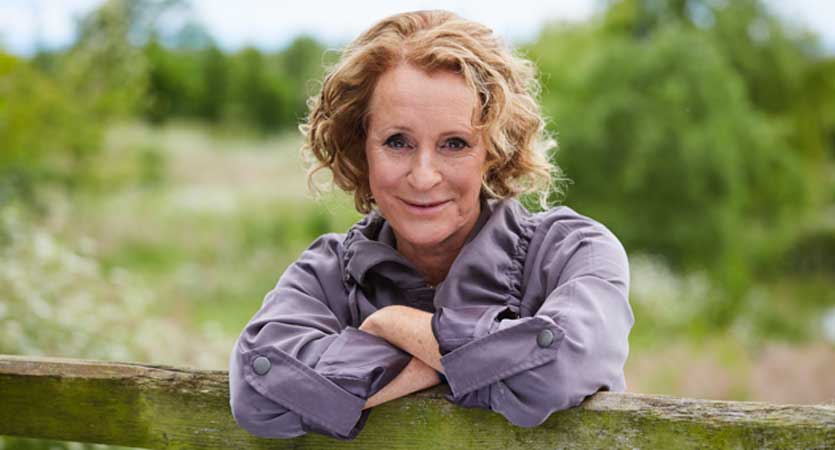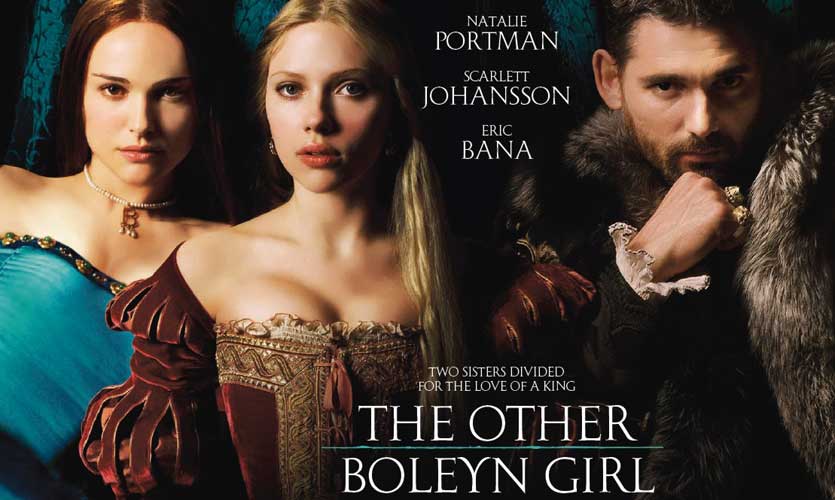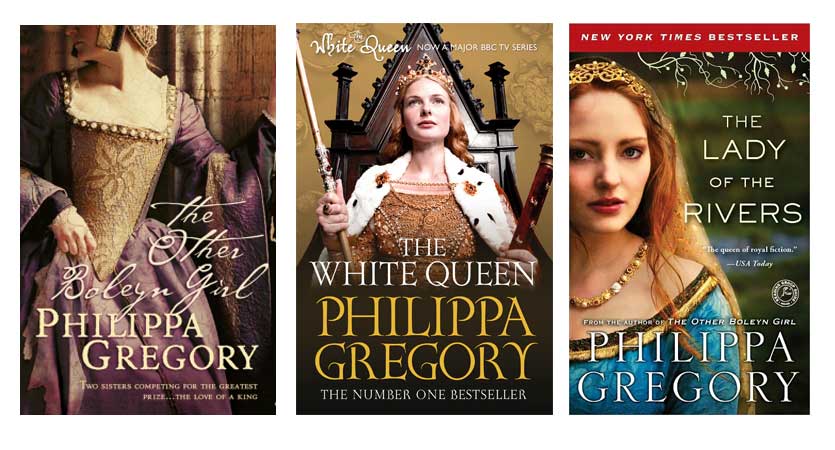Nov 17 2016.
views 421MEET THE AUTHORS OF FGLF 2017
Philippa Gregory
The 8th edition of the Fairway Galle Literary Festival is back bigger than ever and will take place from the 11th to the 15th of January 2017.
We brought you exclusive interviews with Lesley Hazleton, Dame Margaret Drabble, Colm Toibin and Amish Tripathi.
This time, an author best known for her book The Other Boleyn Girl - Philippa Gregory.
Philippa Gregory is an established historian and writer since 1987. Her books based on the Tudor period are highly acclaimed and have a wide fan base around the world. Her novel ‘The Other Boleyn Girl’ won the 2002 Romantic Novel of the Year Award and was made into a TV series and a major film.
Her latest book ‘Three Sisters, Three Queens’ was released in 2016 featuring Henry VIII’s older sister Margaret Tudor.
We caught up with Philipa Gregory to talk about history, books and dealing with critics.

1. There are many genres of novels today; why did you select history as your particular genre?
My first degree was in history (at the University of Sussex, England) and I took an MLitt and I received my PhD from the University of Edinburgh, Scotland, for my research into literature in the (18th – so I expected to be an academic historian. However, while I was applying for posts, I wrote my first novel: Wideacre which was a historical novel, very much informed by my PhD research. It was such a success world-wide that I never did take up a post in a university, and now I reach more readers with my love of history than I ever would have done.
2. In an interview you did with the UK Telegraph you said that you got an ‘E’ in History at A-Levels. Did you always have a love for history or was it something that gradually stemmed from reading something or discovering something?
I fell in love with history when I was studying for my BA degree and it seemed to me then – as it does now – to be a coherent and total explanation of the present and a good predictor of the future. I have faith in history; it’s a very powerful pursuit in my life. But I was extraordinarily uninterested in the history that was taught in schools in the UK when I was a student. It was very dull then!
3. Most of your work is based around Henry VIII; a series on his wives and a series on the Plantagenets. What is it about that era, or more so specifically about Henry VIII, that attracted you to write about his history and his ancestors?
As a feminist, I am interested in the oppression of women and the medieval time is a period when women have almost no rights at all, and yet still they are active and effective agents in their own lives and in the society. That’s deeply interesting to me – it’s completely contradictory to the idea of ‘victim culture’. It in inspiring to modern women to see how much can be done by women when the world is deliberately and consciously stacked against them. As a radical left-wing historian it’s very interesting to see a society which is a working tyranny and how it deteriorates from elite rule to the rule of an individual despot. And I am always interested in the psychology of people and in the case of Henry VIII I do think we see a man slowly becoming deeply paranoid and dangerous, and the failure of the people around him to stop him or contain his actions.
4. Henry VIII is said to be a controversial man by many. Those who talk about him and of his reign tend to talk about him in a more negative light. But having spent a lot of time researching and writing about him; do you see him differently?
Henry’s reputation has changed dramatically, even in the years that I have been studying him. He is currently regarded as very flawed and very troubled and people emphasise this aspect now, more than his scholarly capacities, his religious reform, or the interesting positive developments which occurred during his long reign. I think he was a very different boy and young man to the tyrant that he became, and my attitude to him very much depends on which Henry I am studying.
5. Your books such as The Other Boleyn Girl and The White Queen have been adapted into films and TV series and often as it is with films and TV series they tend to deviate from the book. Were there any major deviations that you particularly didn’t like and how did it feel to watch your books come alive on the big screens?

It’s always thrilling to see my novel on a big or small screen, there is something very magical about seeing the story embodied. Of course, there are points where I differ from the screenwriter, almost always they are not historians and have never studied the background or the principal characters or events as I have done. So sometimes there are errors, and sometimes there are alterations, and sometimes I can correct these and sometimes not! It’s the sacrifice that I make, as an author, when a novel is adapted for a different medium. The only time it really offends me is when the facts of history are altered to suit the vision of the screenplay writer – that’s a step too far and I always object, and sometimes I get it corrected. I have a new form of contract which I have created to allow the adaptation of the novel but forbid adaptation of the history – we’ll have to see how that works with upcoming projects.
6. Writing about history, especially on a famed era of history, there is bound to be criticism from historians, which you have in fact been subjected to from historians such as David Starkey and Susan Bordo. How do you deal with critics and does it ever affect your work and research?
Both these criticisms have been either light-hearted or mischievous, without any content that needs to be addressed. Most historians that I know have been very generous with their praise for the novels because they understand how difficult it is to write historical fiction based on accurate history.

7. What would you say is your writing routine like?
The first phase of the novel is research and that can take up to a year, the second phase (and sometimes overlapping) is the writing process and I write anywhere on my laptop, but if it is a very complex story with a lot of people and very precise timelines then it is best done in my study with all my books. Then there is a re-writing phase which can go on for another six months. When I am in the middle of the novel I like to write for several hours a day.
8. How do you celebrate after successfully finishing up a novel?
There are several finishing posts – finishing the first draft, finishing the subsequent drafts, delivery, finish the draft after notes, getting the first copy, official publication day… I don’t think there is a better point than getting to the end of the first draft and being really deeply pleased with the work. It’s never quite how I thought it would be – the novel always changes during the writing, but sometimes, on a very good day, it’s better. It’s a great joy to write ‘The End’ and think that I have given a fair account of a life that was previously little-known.
9. From one historical novelist to another; what are some of your favourite historical novels?
I absolutely love Rodney Bolt’s ‘History Play’ and Anne Warnicke’s “Perkin”.
10. In an interview with BookPage, you said you would like to stay in the Tudor period for a few more books and then maybe venture towards something new. Do you have any new particular areas you may want to dive into in mind?
I am still working in the Tudor period, but I am pretty sure that my next book will be a little later – probably Stuart.
Want to know what other exciting things they have in store for you this Festival?
Check out the Festival’s revamped website, www.galleliteraryfestival.com, where festivalgoers will find an informed, consistent and active source for all vital information regarding the Festival.
Follow the website and sign up for email updates on the festival programme highlights as they are announced.
Follow them on Facebook: facebook.com/Gallelitfest
0 Comments